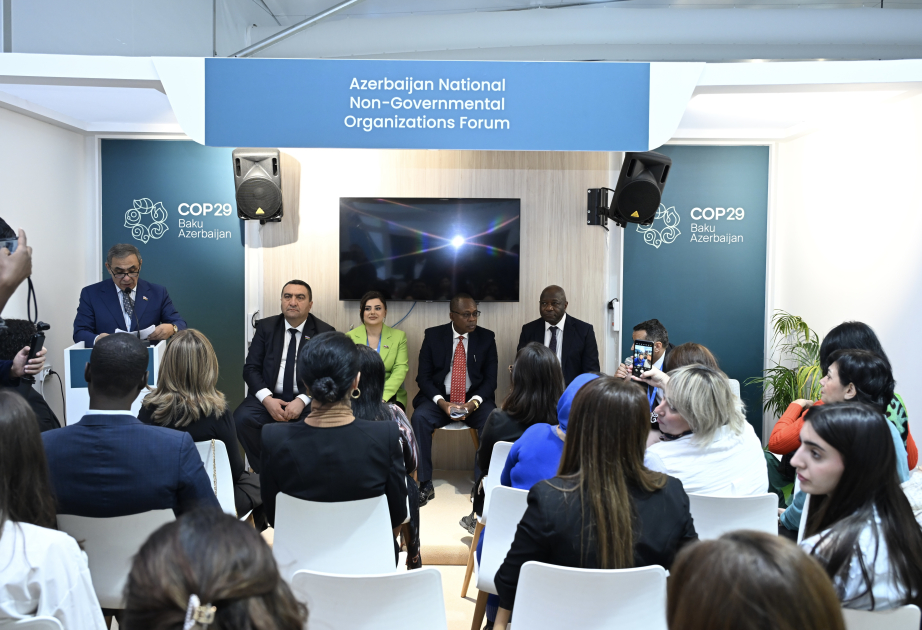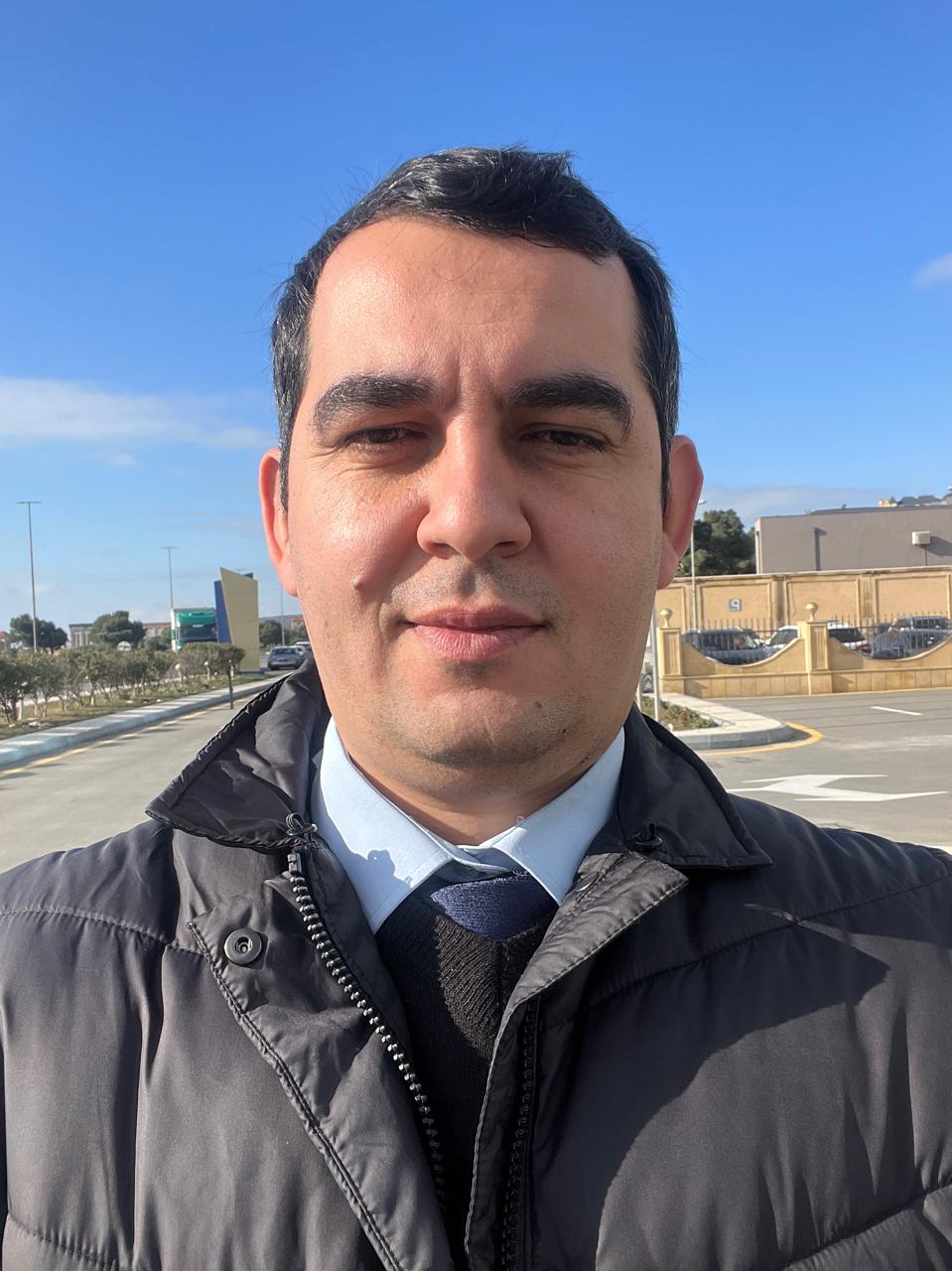BAKU, Azerbaijan, November 16. In the framework of COP29, a high-level discussion on the impact of climate change on health, including antimicrobial resistance, was held on November 16, co-organized by the Public Health Service and the International Stop TB Partnership, Trend reports.
According to information, the event was attended by Pierre Flambeau Ngayap MP from Cameroon, Stephen Mule MP from Kenya, Christopher Khalila MP from Zambia, as well as Azerbaijani Parliament committee members Parvana Valiyeva, Ilham Mammadov, Mushfig Mammadli.
The speakers emphasized that climate change poses serious
threats to global health and new health risks.
Moreover, it was noted that climate change also disrupts
ecosystems, leads to the emergence and spread of infectious
diseases, and poses a serious threat to public health.
At the panel sessions, the Head of the Department of TABIB Yagut Garayeva, the Head of the Department of the Ministry of Health Nazifa Mursalova, and experts from Kazakhstan, Kyrgyzstan, and India answered questions from the audience on the topic.
To note, the 29th session of the Conference of the Parties to the UN Framework Convention on Climate Change (COP29), which will run until November 22, opened at the Baku Olympic Stadium on November 11. It is the largest event organized by Azerbaijan to date, and the first time in the region that it is being held in Azerbaijan.
Within COP29, the highest level event - the summit of world leaders on climate action – was held on November 12–13.
The main expectation from COP29 is to agree on a fair and ambitious New Collective Quantitative Goal (NCQG) on climate finance. The COP29 chairmanship has launched 14 initiatives that include linkages between climate action and the Sustainable Development Goals, including green energy corridors, green energy storage, harmony for climate resilience, clean hydrogen, methane reduction in organic waste, action on green digital technologies, and other topics.
In addition to being a top priority that creates the conditions for action, creating climate finance will also help fulfill the 1.5°C pledge by bringing everyone together.
The UN Framework Convention on Climate Change is an agreement signed at the Rio Earth Summit in June 1992 to prevent dangerous human interference in the climate system. The acronym COP (Conference of Parties) stands for “Conference of Parties” and is the highest legislative body overseeing the implementation of the Framework Convention on Climate Change.
A total of 198 countries are parties to the Convention. Unless otherwise decided by the parties, COP is held annually. The first COP event was held in March 1995 in Berlin, and its secretariat is located in Bonn.
Stay up-to-date with more news on Trend News Agency's WhatsApp channel







